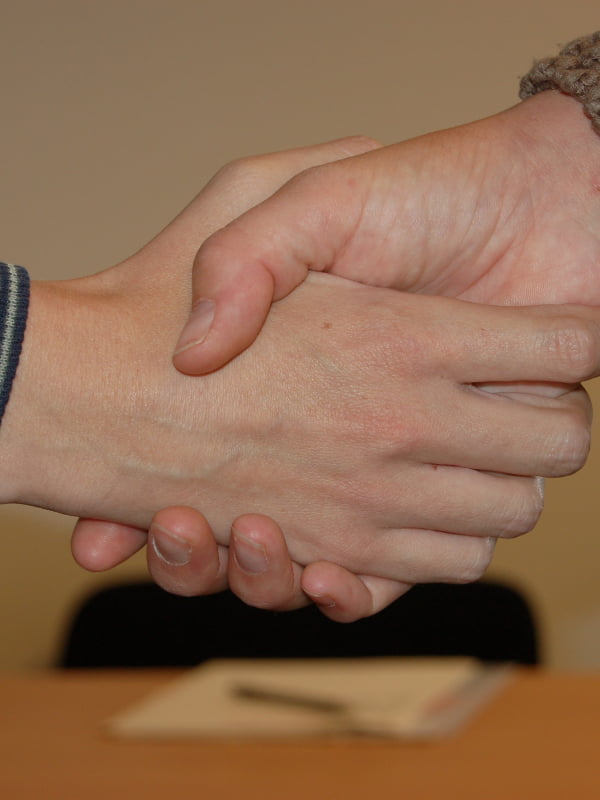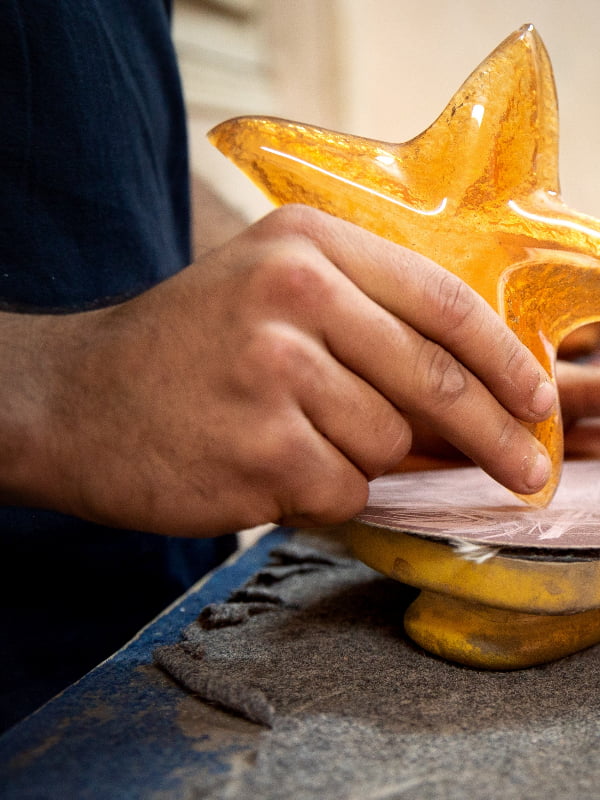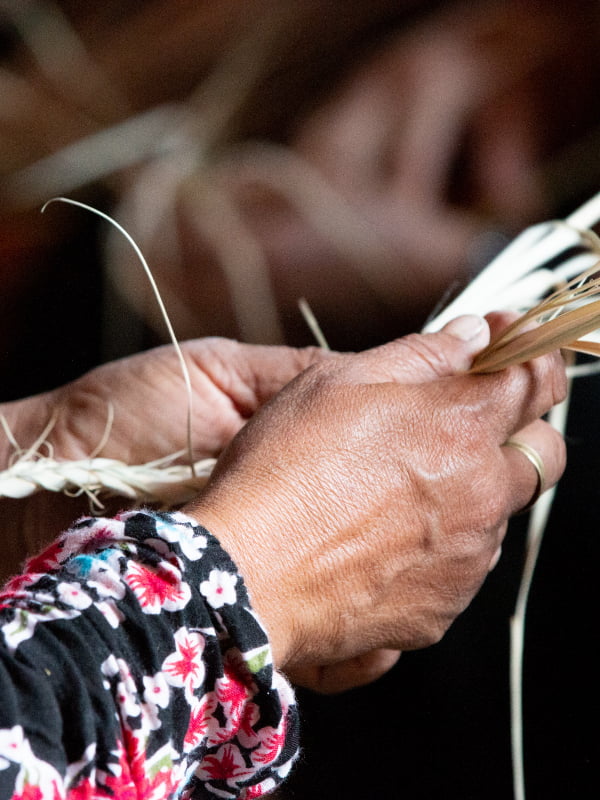Only Together Can We Effectively Combat Child Labour
To better protect children's rights in the coconut oil supply chain, we must all work together. MVO, the Dutch supply chain organisation for oils and fats, started a project in the Philippines with several companies and NGOs. "We want to leave behind a system that works locally," says Eddy Esselink from MVO.
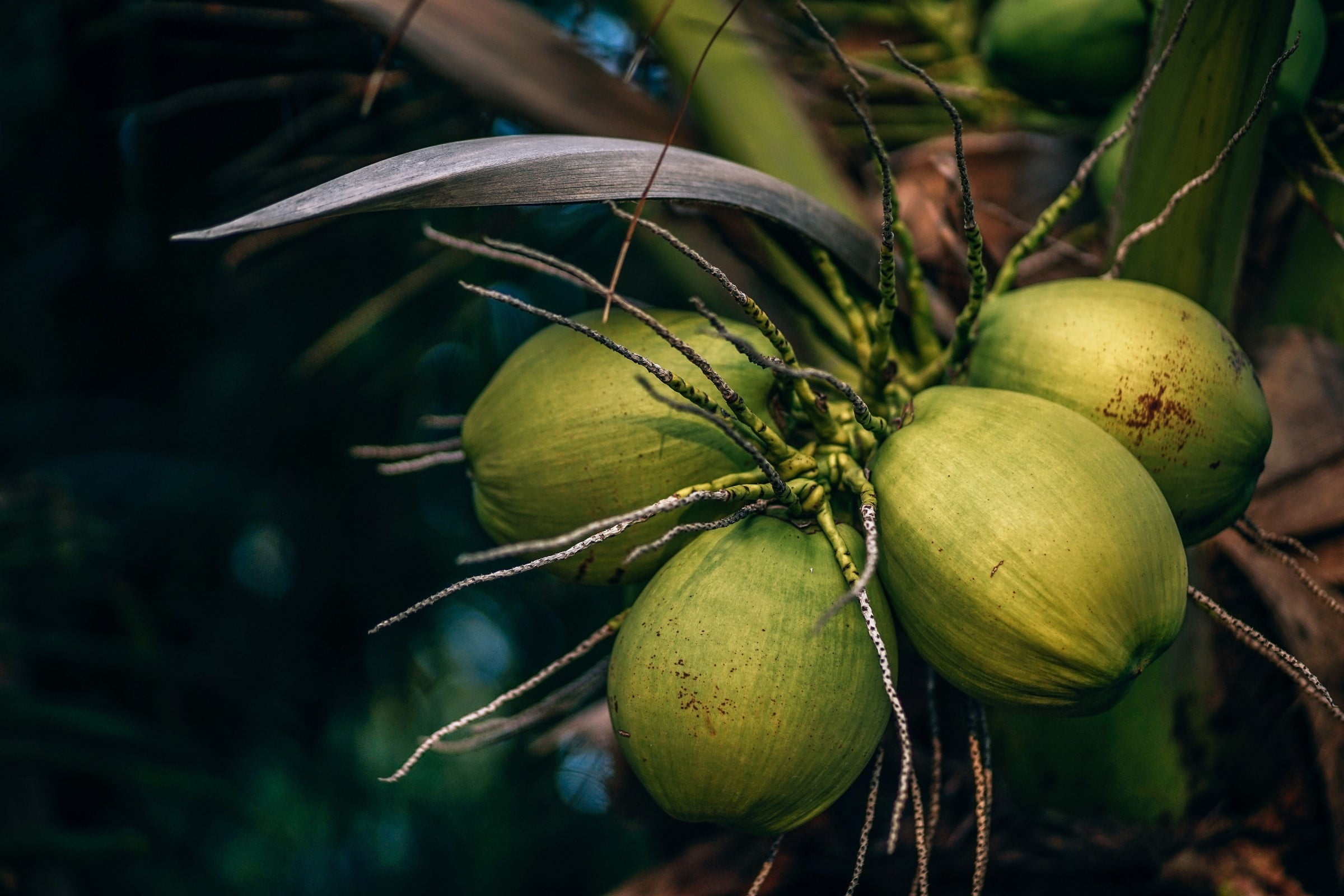
The project in the Philippines focuses on farming families that harvest coconuts. "Poverty is common among farmers. That is why children sometimes help harvest the coconuts. This is dangerous, hard work," explains Eddy.
Action plan
The project had 2 phases, A and B. Project A investigated whether child labour was present in the production chain. This phase has been completed, concluding that there is indeed child labour in the coconut chain. Project B focuses on preventing and combatting this. "We have spoken to workers, farmers, traders, companies and NGOs. Everyone agrees: children should go to school. But the income from the harvest must make that possible," says Eddy.
"Together with schools and local authorities, we are setting up a system that tracks whether children attend school. The system mainly contributes to awareness. Another important issue we are addressing is poverty alleviation. A new business model should help farmers increase their income. We also keep track of knowledge and best practices. Local parties can benefit from this after the project ends. This way, we can leave behind a system that works locally."
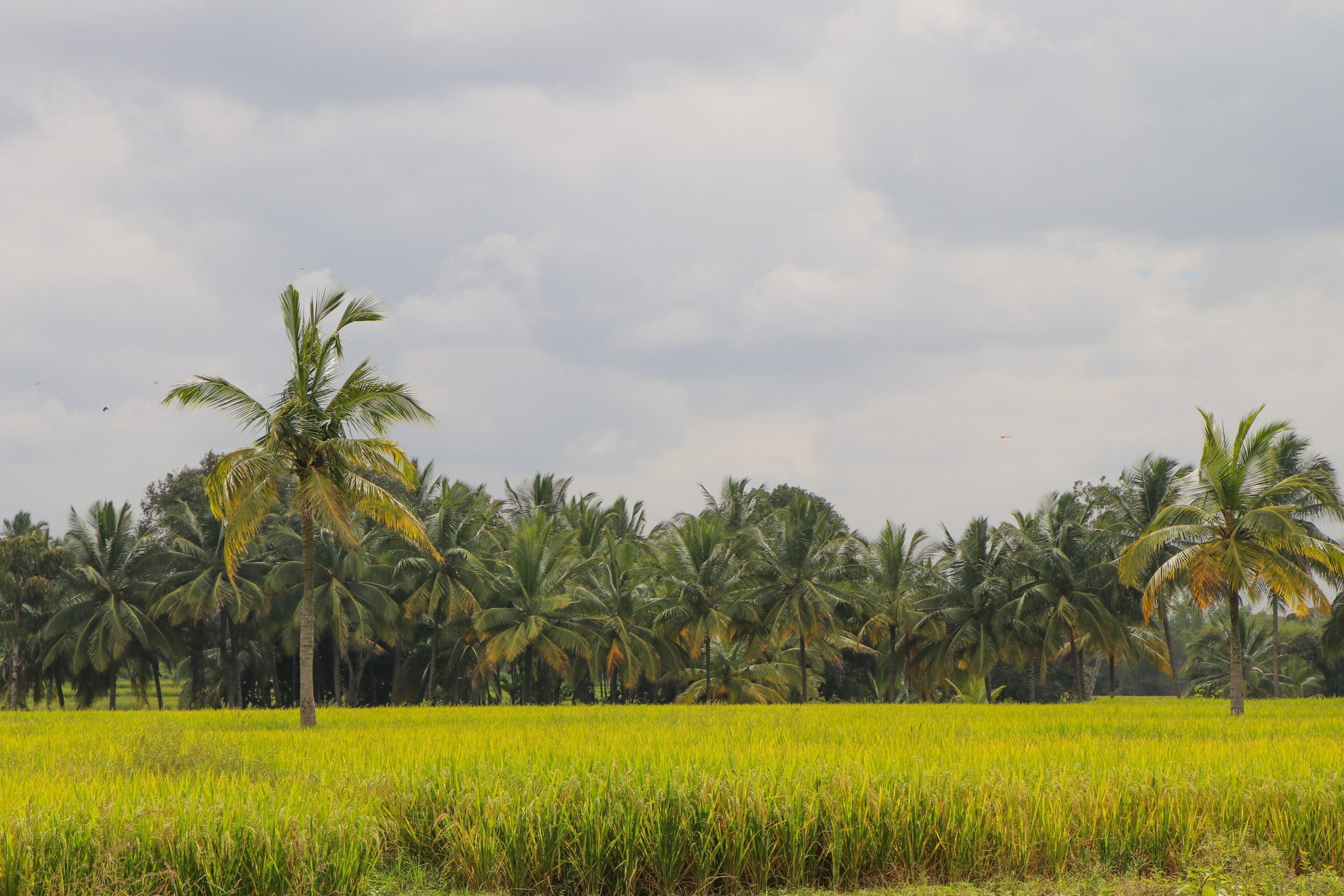
"Everyone agrees: children should go to school. But the income from the harvest must make that possible."
Working together with local parties
When all supply chain parties work together, they can protect children's rights effectively. Eddy has some advice for other organisations looking to tackle child labour in their chains. "Tackle this as a sector. Be patient. You cannot solve all problems, but you can achieve something. Above all, work together with local parties."
The cooperation partners in this project are Cargill, Wilmar, Verité, GMACL, MVO and Vernof. RVO supported this project via a subsidy from the Fund against Child Labour (FBK).
Interventions to address child labour
FBK's 2022 publication shares the main lessons learnt and insights gained from completed and ongoing FBK projects during the past 5 years. It takes a closer look at a range of interventions that companies and other stakeholders are taking to prevent or help end child labour. These interventions target the drivers, or primary causes, of child labour. For more information, read the FBK Report on Child Labour Interventions 2022.
Financial support to combat child labour
The Fund Against Child Labour (FBK) programme has closed. If you want to contribute to responsible production, find out more about the Sectoral Partnerships programme.
- Ministry of Foreign Affairs
